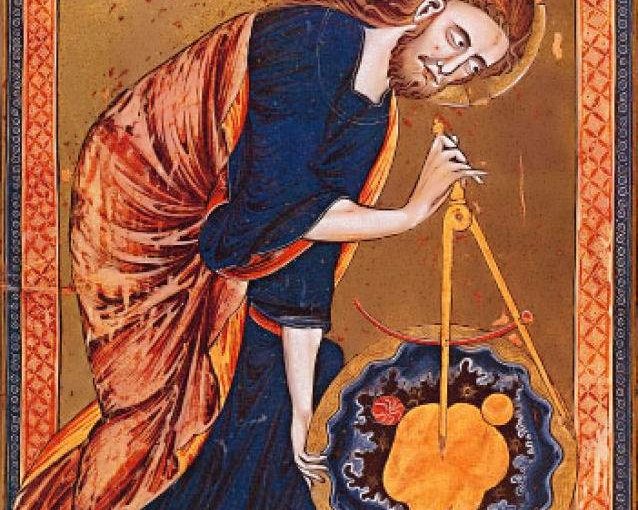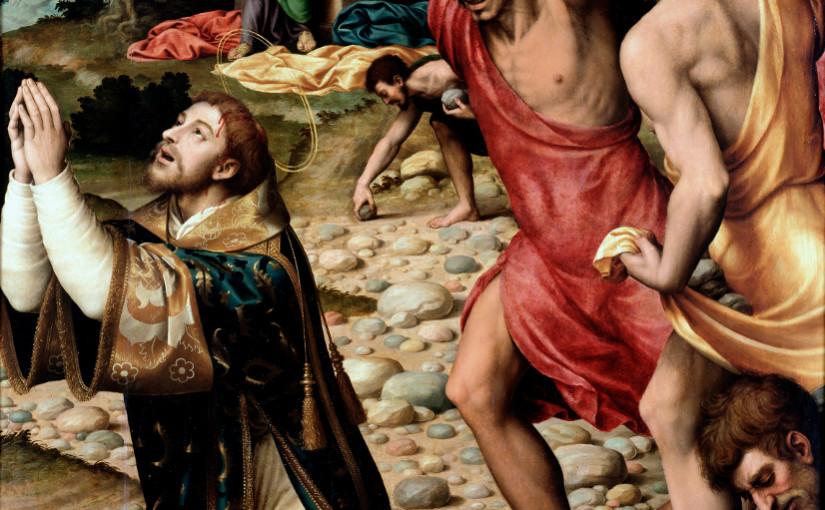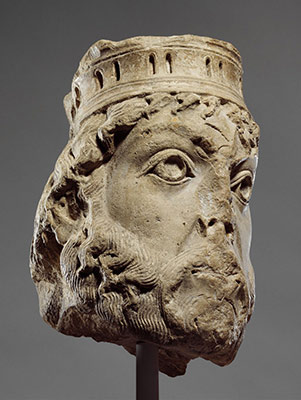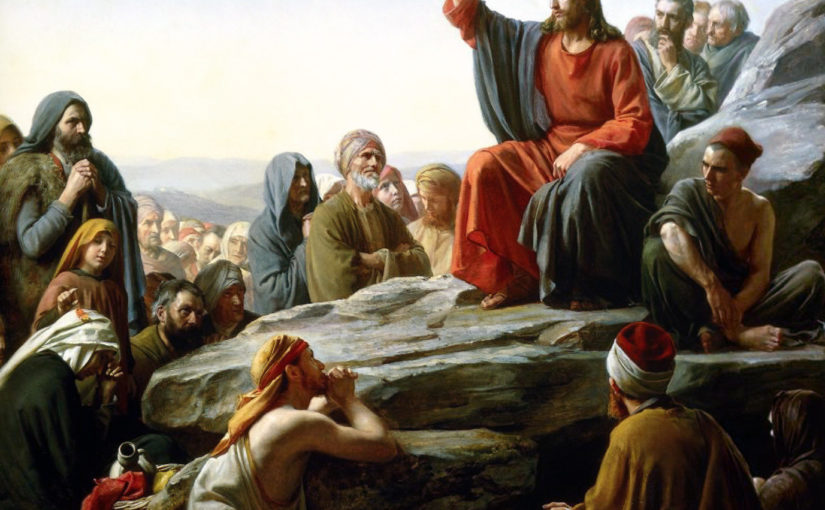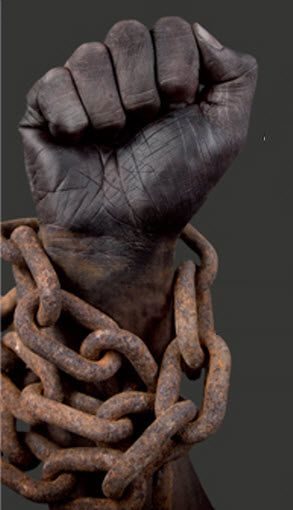And to the angel of the church of the Laodiceans write, ‘These things says the Amen, the Faithful and True Witness, the Beginning of the creation of God.
Revelation 3:14
Titles that are misunderstood, misinterpreted, or misrepresented certainly miss the mark regarding the truth that they were intended to convey. Such is the case in the verse above which is sometimes used by false witnesses to teach that Christ is a created being. Nothing could be further from the truth.
God created atoms and energy. He thought them up. They never existed before, but He brought them into existence. He owns the physical universe. He has the patent.
God is Spirit. He is before the material world and superior to it. Although God can’t be seen, He produced everything that can be, evidently using materials that are also invisible. Our finite minds have real trouble understanding this. For that reason, God manifested Himself in a physical form to reveal Himself to His creation. He is Christ, “the image of the invisible God, the firstborn over all creation” (Colossians 1:15).
When the Lord presented His credentials to the wishy-washy church in Laodicea, He called Himself the Beginning of the Creation of God. He was trying to impress them with who He was. Jesus is before all things created; He is their Head. The NIV translates this name of Christ as “the ruler of God’s creation.”
It was true that spiritually, the Laodecians weren’t on fire for the Lord, but they weren’t stone cold either. The same can be said about many churches today. And that’s a big problem. How can anyone remain mediocre to the one who is in charge of the whole universe? The fear of God should grip every believer when they realize that one day they’ll have to stand before the Lord Jesus Christ, the Beginning of the Creation of God.
October 1
